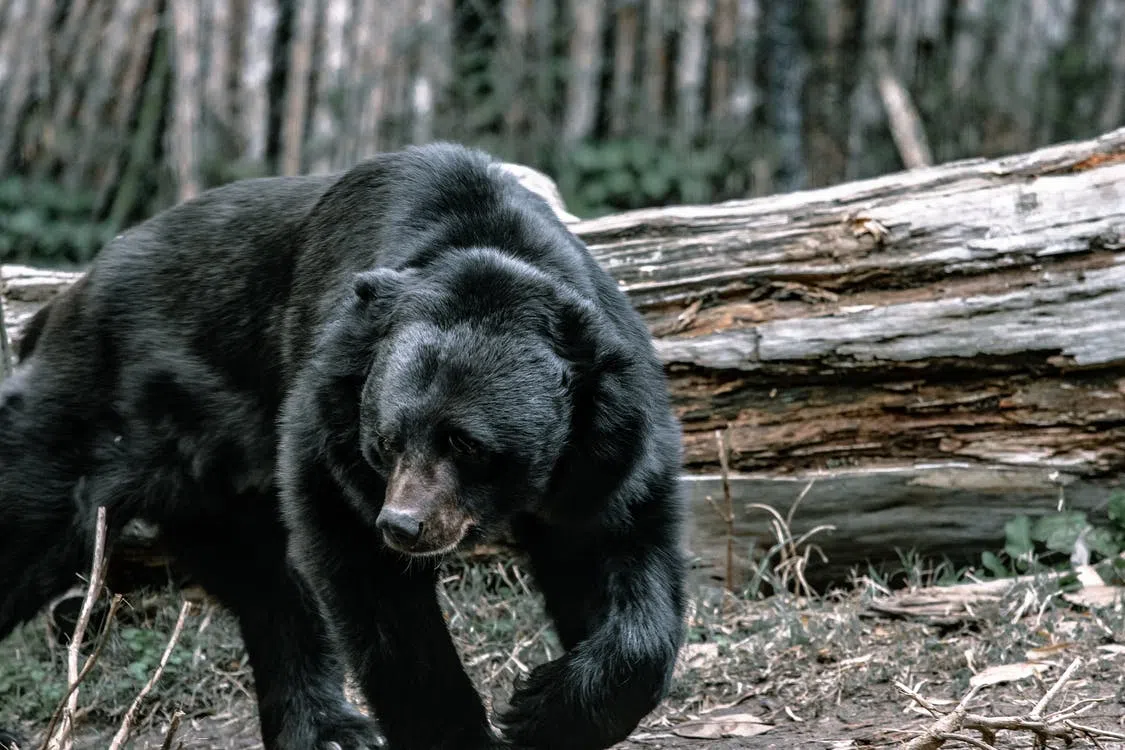
Bears can quickly learn to associate humans with food when food sources are available. With black bear populations moving across the state, the state is aiming to educate residents about living safely while cohabitating with bears.
The Wisconsin Department of Natural Resources is hosting a public Bear Aware Webinar on April 19 at 6:00 p.m. The goal is to teach residents how to co-exist with Wisconsin’s largest carnivore.
The state is home to an estimated 24,000 black bears, with the animals becoming more common in the lower two-thirds of the state as their population expands.
Brad Koele, DNR Wildlife Damage and Nuisance Specialist said in a public release that around 700 calls are made each year related to nuisance black bears. He feels most of these conflicts are preventable, with only minor changes to the behavior of humans.
While bears usually are solitary forest animals, their powerful sense of smell can lead them into urban areas to search for food, especially in the spring and fall. Black bears are secretive animals and usually try to avoid people. However, conflicts with humans can occur when bears destroy gardens, bird feeders, apiaries and trash cans.
The presentation will offer more advice about how to avoid black bear conflicts and will also feature a question-and-answer session.
Attending is free and can be joined via the Zoom online platform by visiting the DNR website.











